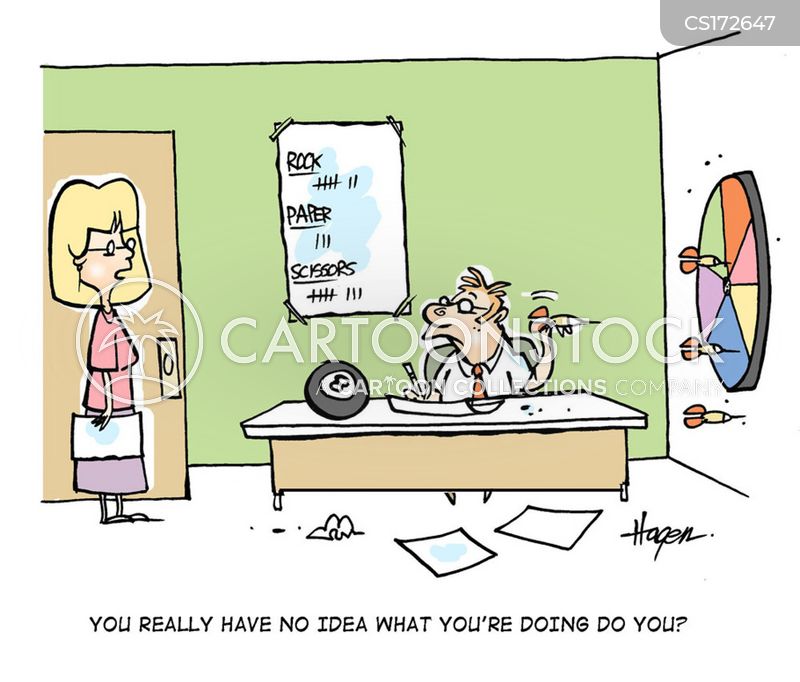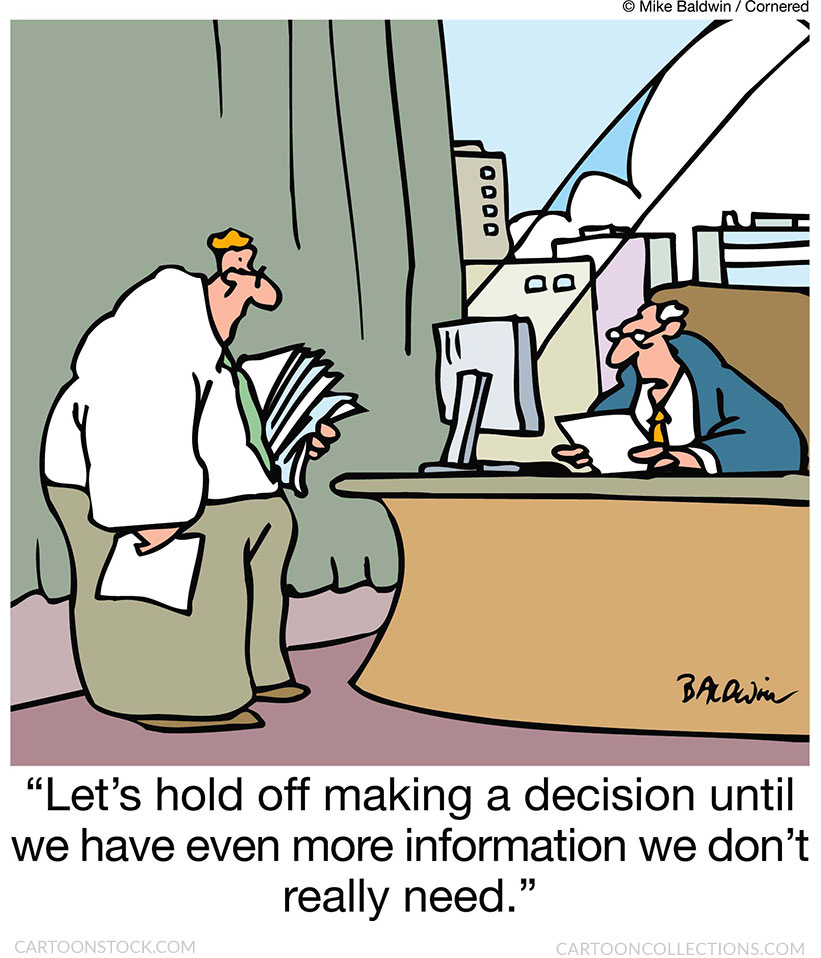Decision-making fatigue. Why does ordinary life tire us and what can be done about it?

Willpower is a finite resource. The more decisions we need to make, the more fatigue we will end up feeling. This fatigue differs from ordinary, physical, in that it is difficult to understand it, but the supply of psychic energy is treacherously reduced.
Even rational people, under the pressure of a permanent need to choose, can lose self-control, get angry and irritated. Someone breaks the diet from stress, or agrees on sale three for two, which, in general, is not needed. Sometimes our solutions are losing "quality".
The fact is that even the most noble person with strong character, after a continuous series of decisions, will have to pay a biological price for this.
According to psychologist Roy Baumeister, willpower is depleted by constant use. If we imagine that we are in the gym, then each next approach to willpower comes to us more difficult, and the subsequent fatigue and emotional disorientation are tantamount to DOMS. And one wants to return to the usual state immediately.
But the ability to make choices can really be trained, like muscles.
Everyone has their own ways to recover: walks, TV shows, hobbies, games with children and pets. Social networks, where the feed is formed using algorithms, also help users slow down and exhale. But if such leisure takes too long, willpower loses its tone.

How to deal with willpower depletion?
The 20 Seconds Rule. Psychologist Sean Achor has determined that it is easier for us to make a choice if it takes up to 20 seconds to complete. Set a goal so that when moving towards it there are a minimum of intermediate solutions, simplify your path.
Let foreign language textbooks be at hand; let the contact for the delivery of healthy food be in the messenger; leave the easel and paints in sight for the practice of watercolor painting. Reduce the tedious chain of additional “find, get, cook” tasks.
The principle "If ... then ...". Thinking through potential scenarios, you can determine how to proceed with each of them. This will remove unnecessary doubts when things will actually happen.
Create to-do and shopping lists. Think about how to replace this or that product, if it is not in the store - write this down too.
David Allen's Rule. In his book “How to put things in order. The Art of Stress-Free Productivity” David Allen recommends getting things done right away if they take less than two minutes. So the to-do list will not be overloaded with the protracted little things.
Not a framework, but a correlation. Don't set a rigid framework for action. You should tie one thing to the outcome of another one and prioritize right away. For example, you should run not strictly at 6 in the morning, but “40 minutes before breakfast”; take a new project not from next week, but “completing the previous one by 50%” so as not to drown in deadlines.

Space of options. Are you in the eternal tossing "what to wear in the morning", "ah-but it doesn't match"? Stylists recommend a capsule wardrobe. In order not to grab the same shabby sweater from the shelf from despair, all the clothes in the closet should be complementary to each other, be easy to combine and create a space of great options for every day.
At the same time, if the choice is too great, it can confuse you. Remember how you "get lost" in front of a store counter with an abundance of even very attractive goods. Which one will be better and more profitable for you? Minimalism as a lifestyle is not suitable for everyone, but it is worth thinking about getting rid of unnecessary things - this principle applies to both wardrobe and social contacts.
Delegation. Some decisions, acquisitions and responsibilities should be completely delegated to relatives - it is not a shame to ask for help or advice. It doesn't make you weak.
Recognizing the problem. The most effective way to encourage willpower is to listen to yourself, declare your tiredness, and remember when energy expenditure is increasing to the limit. Such situations should be avoided or carefully amassed for a decision-making marathon.



